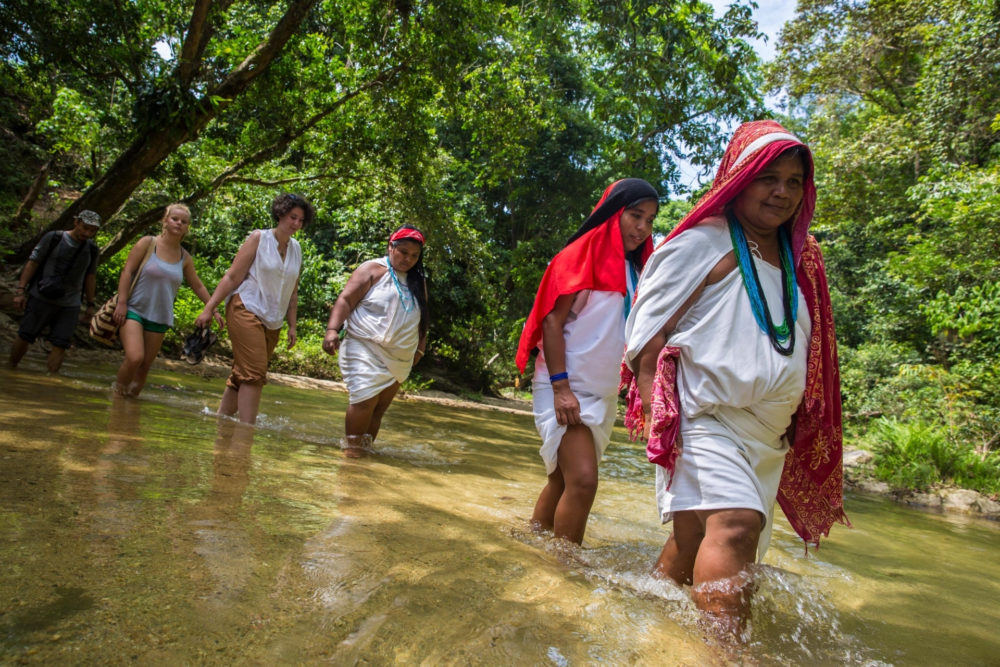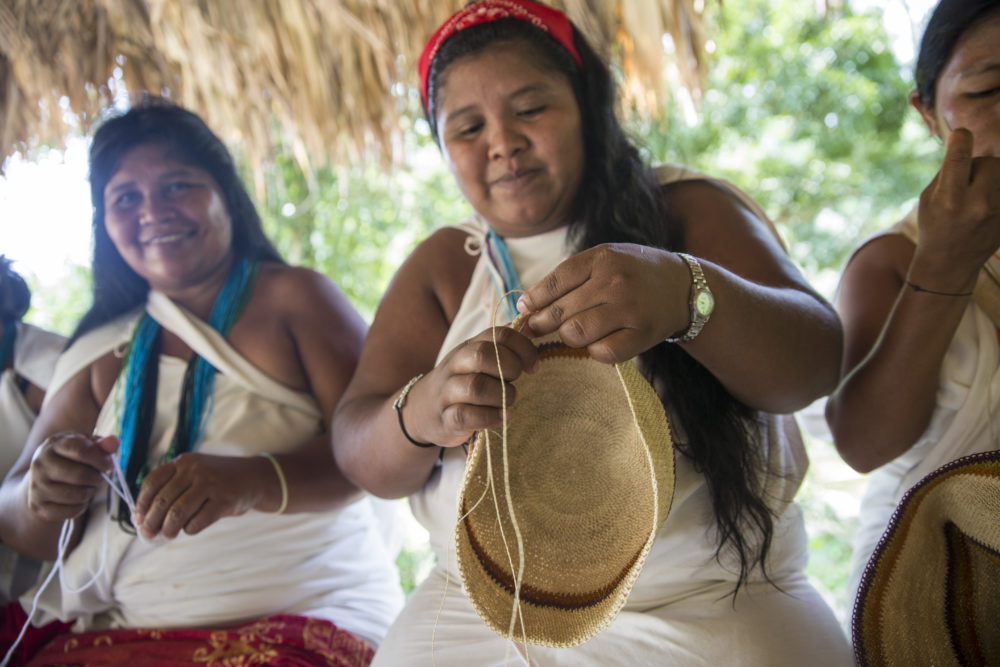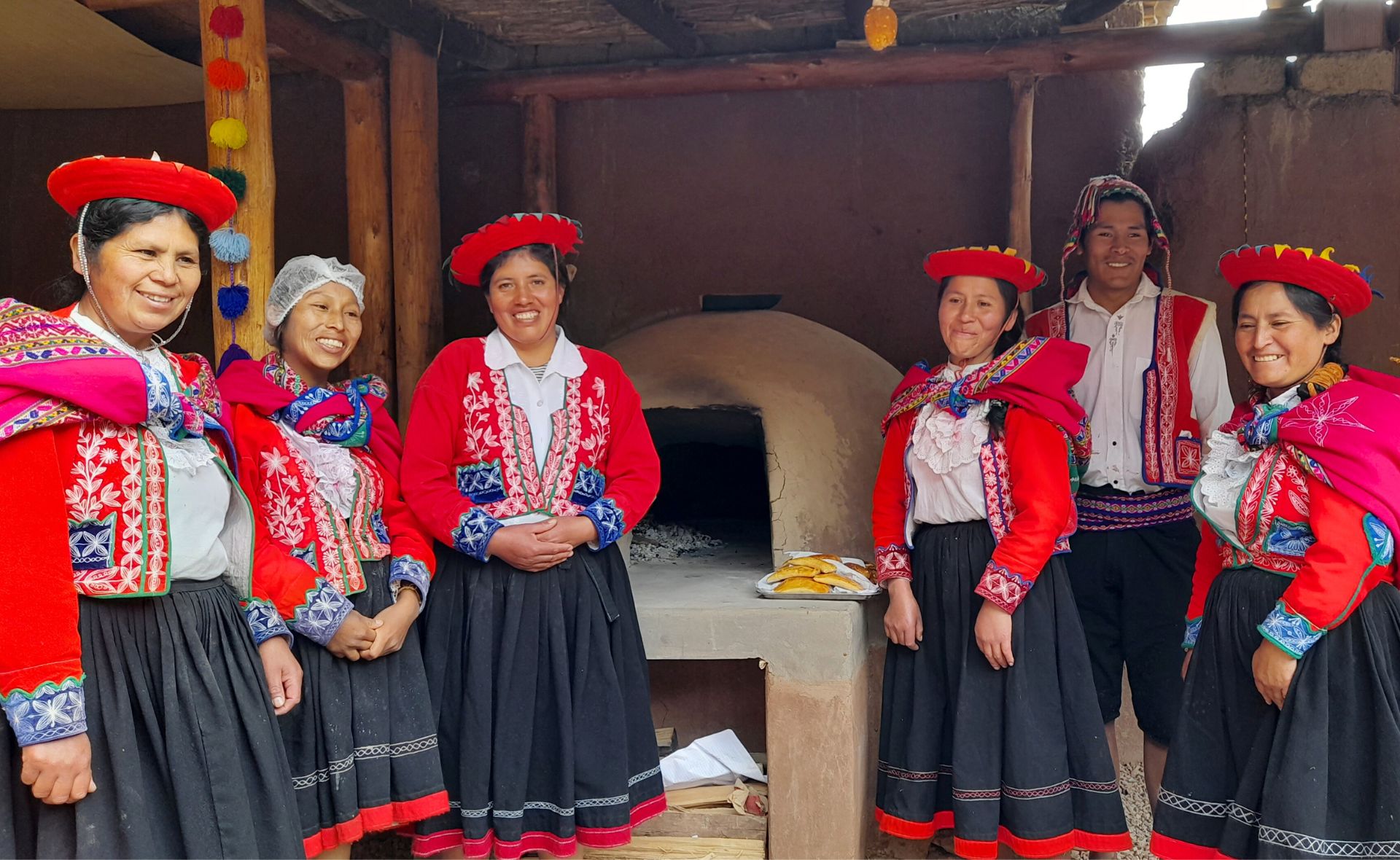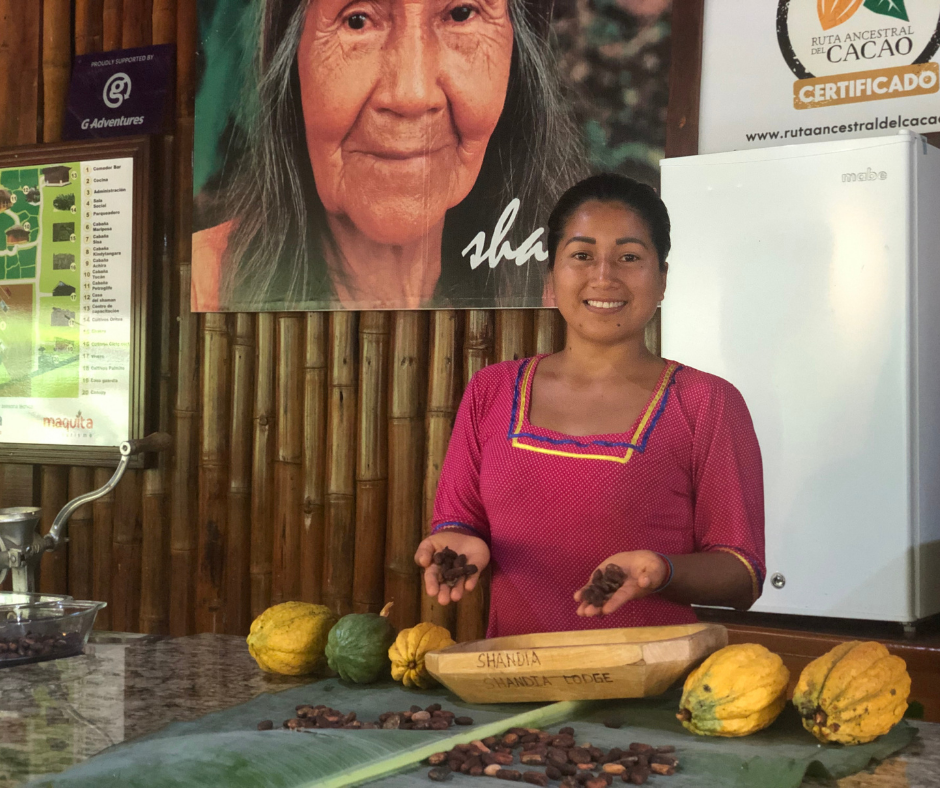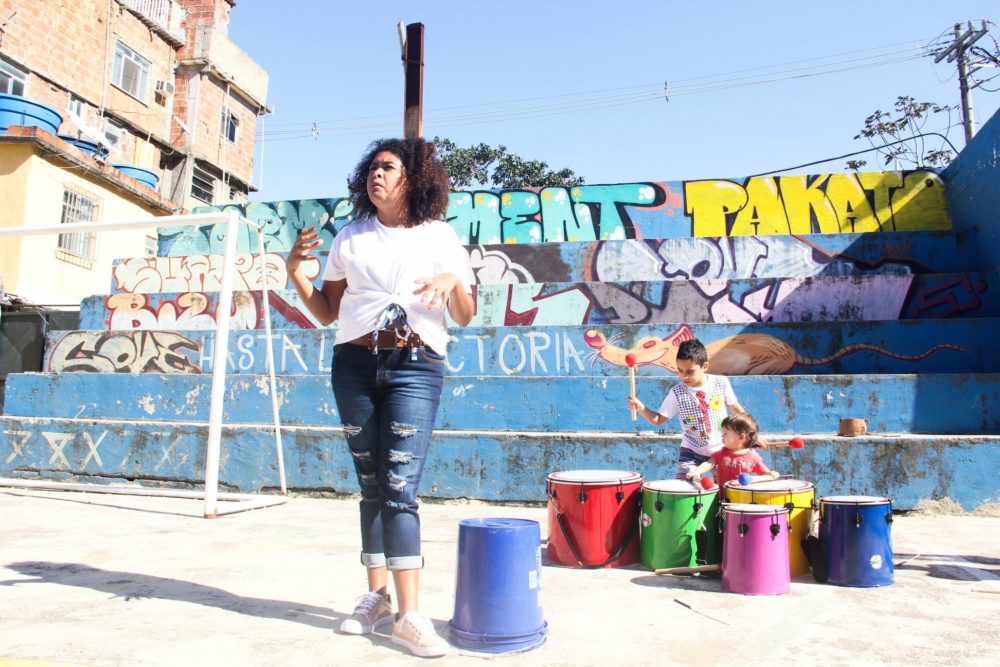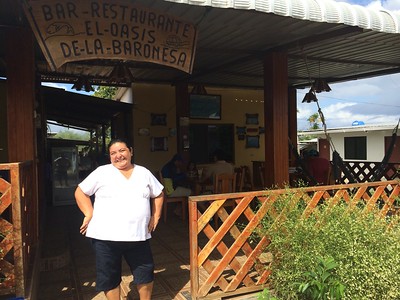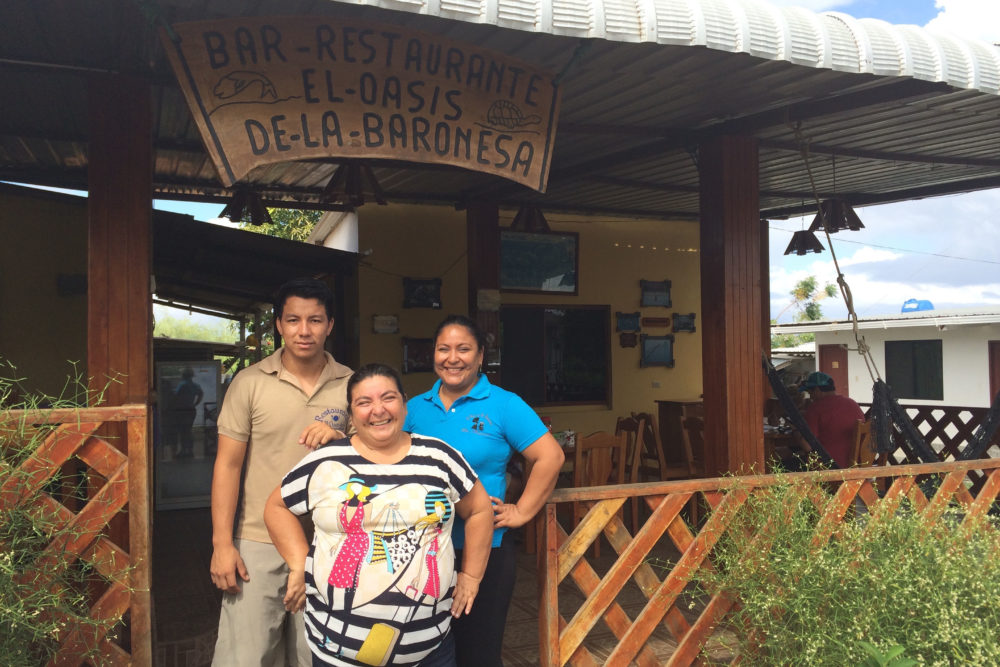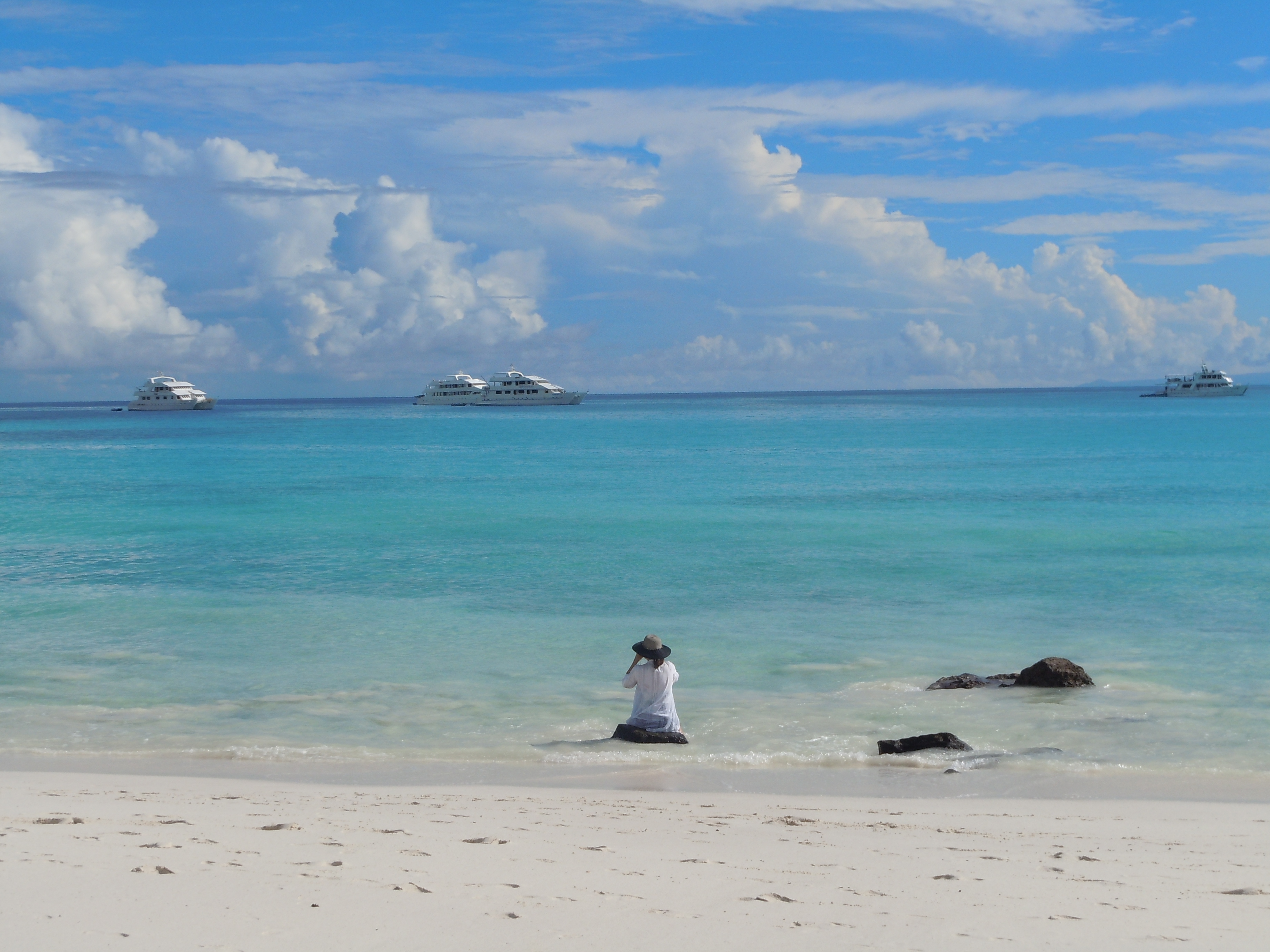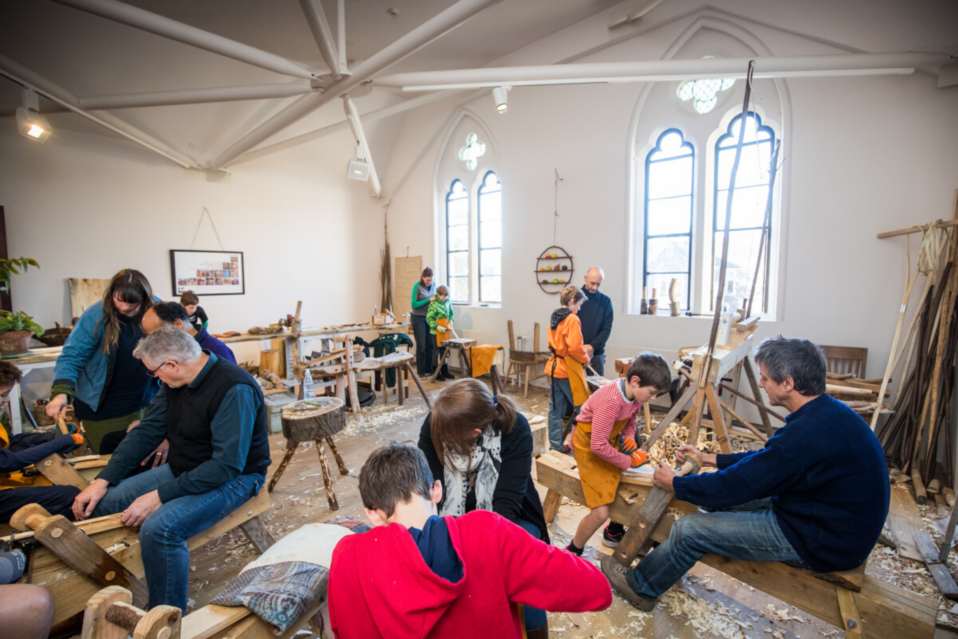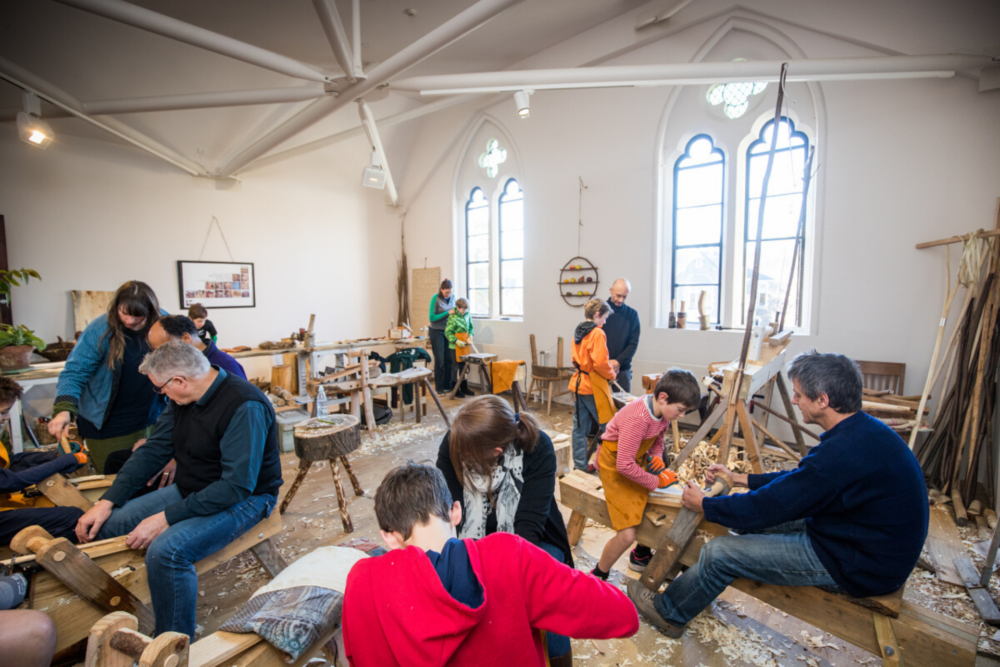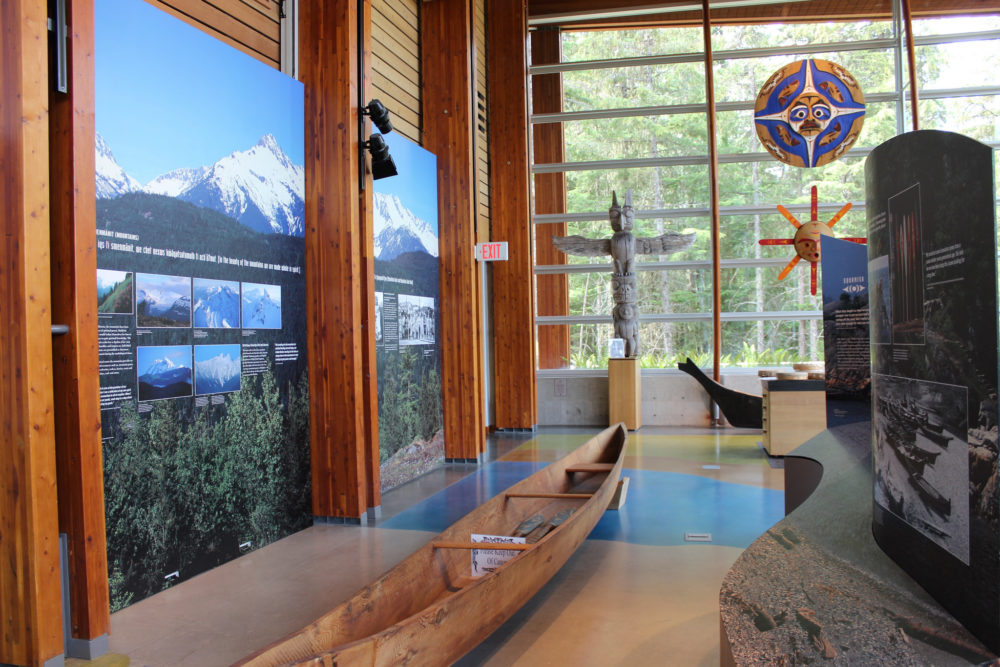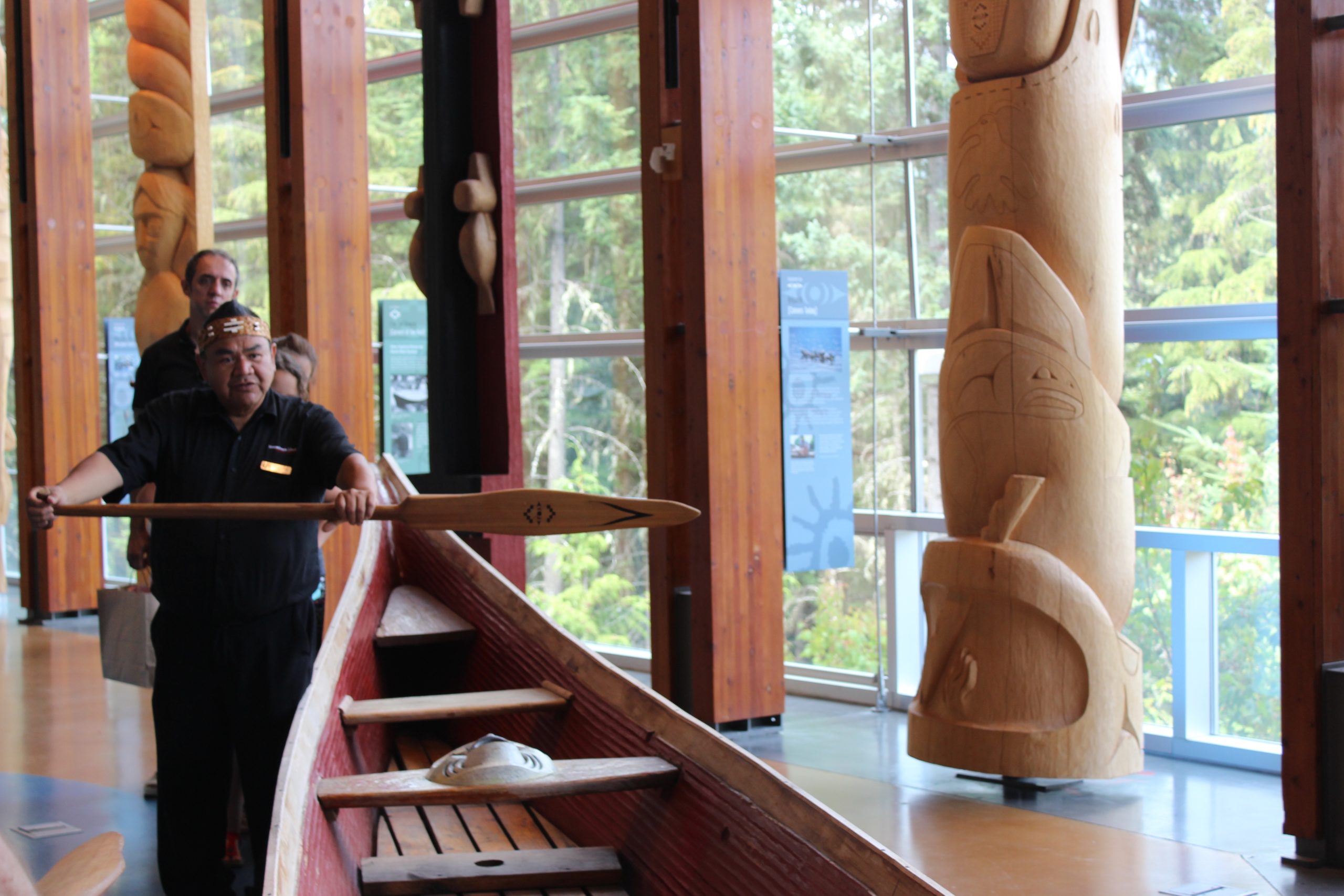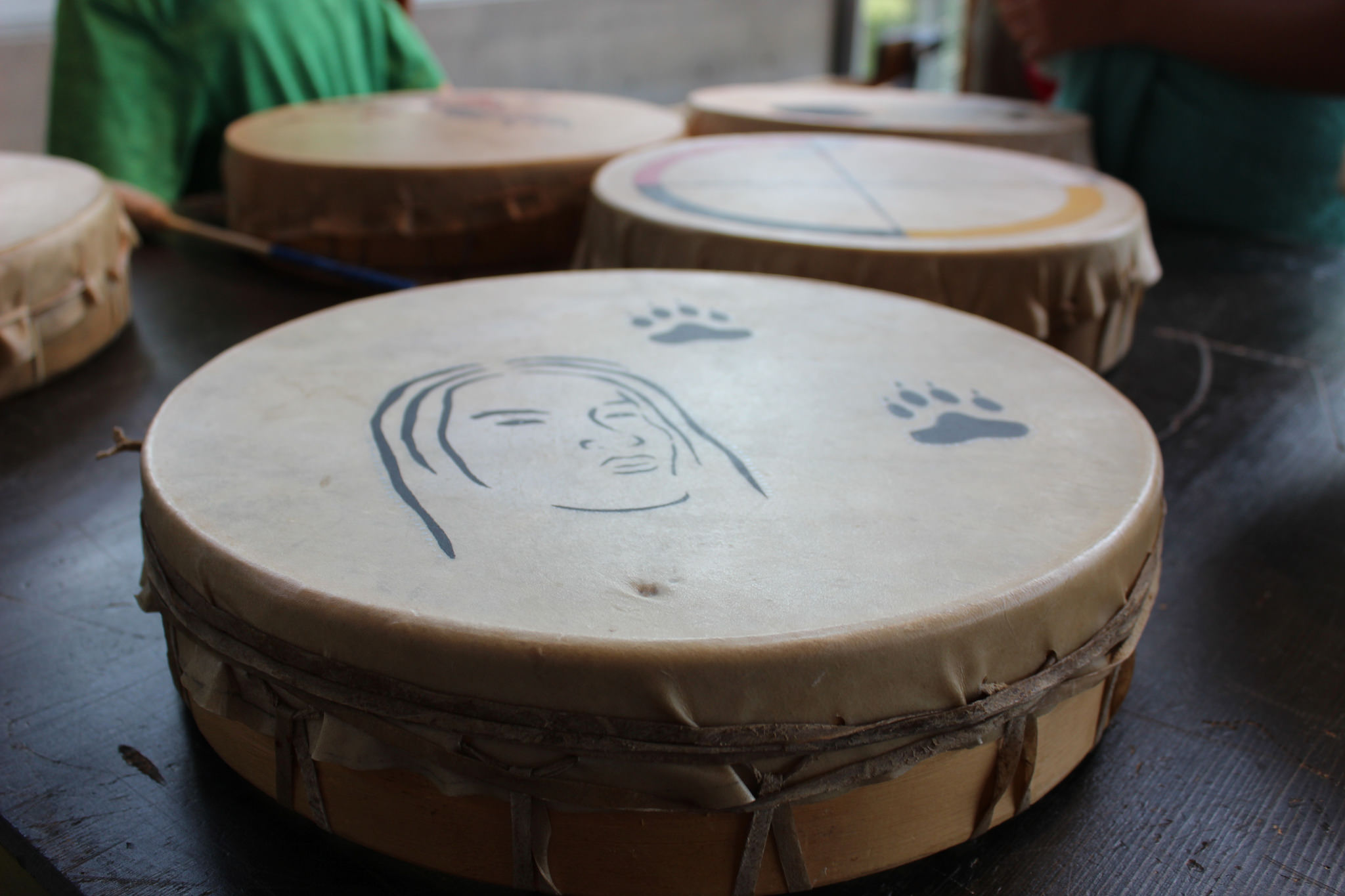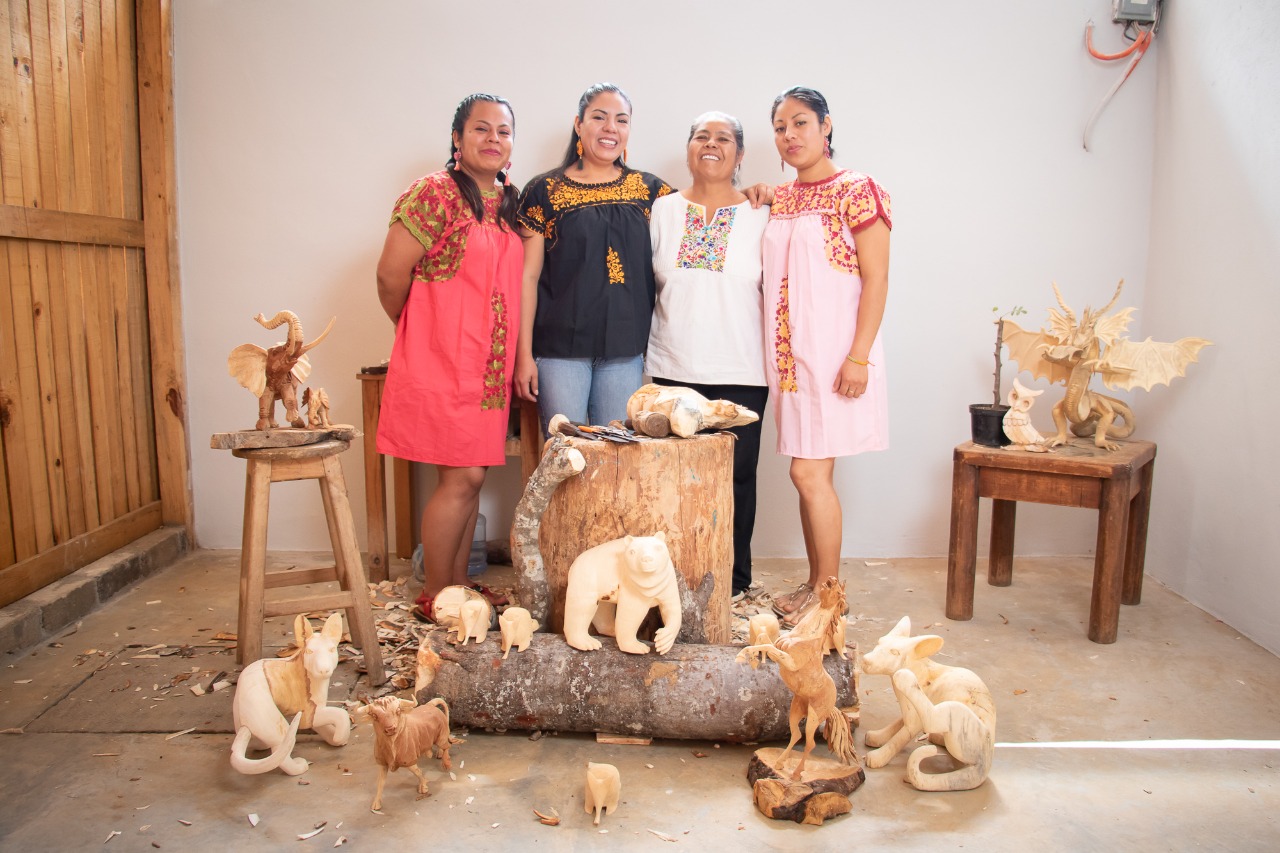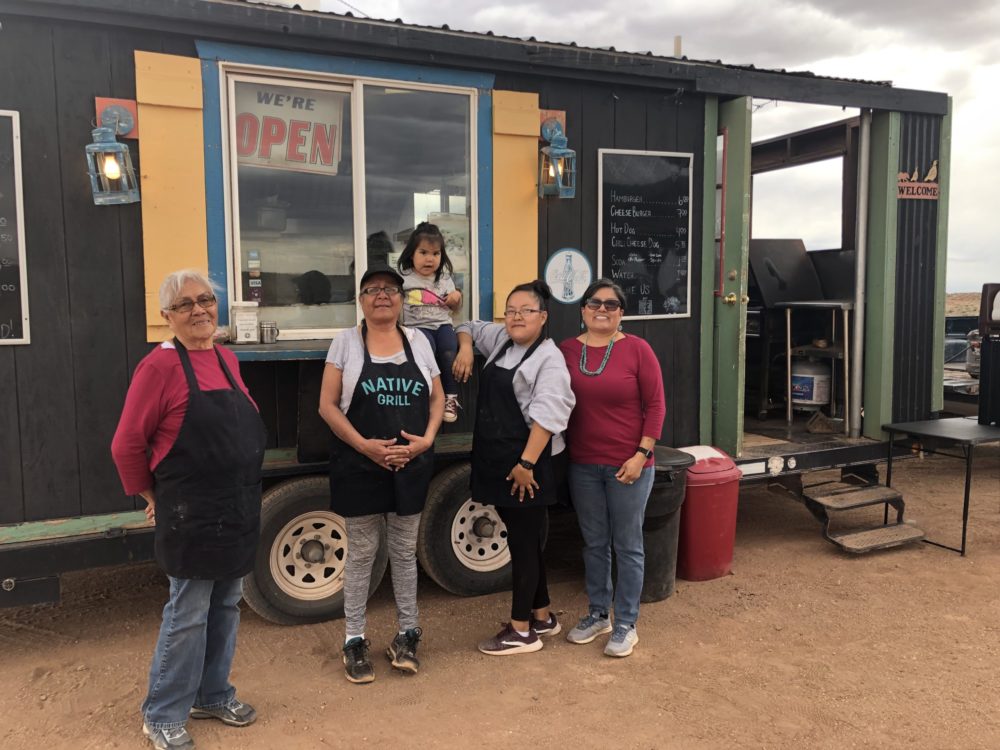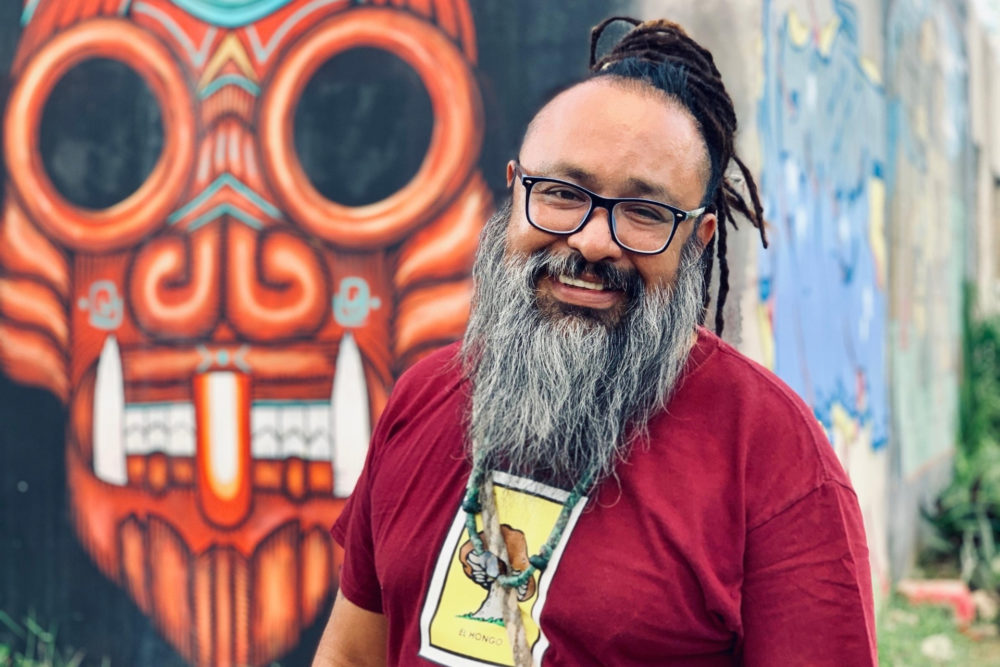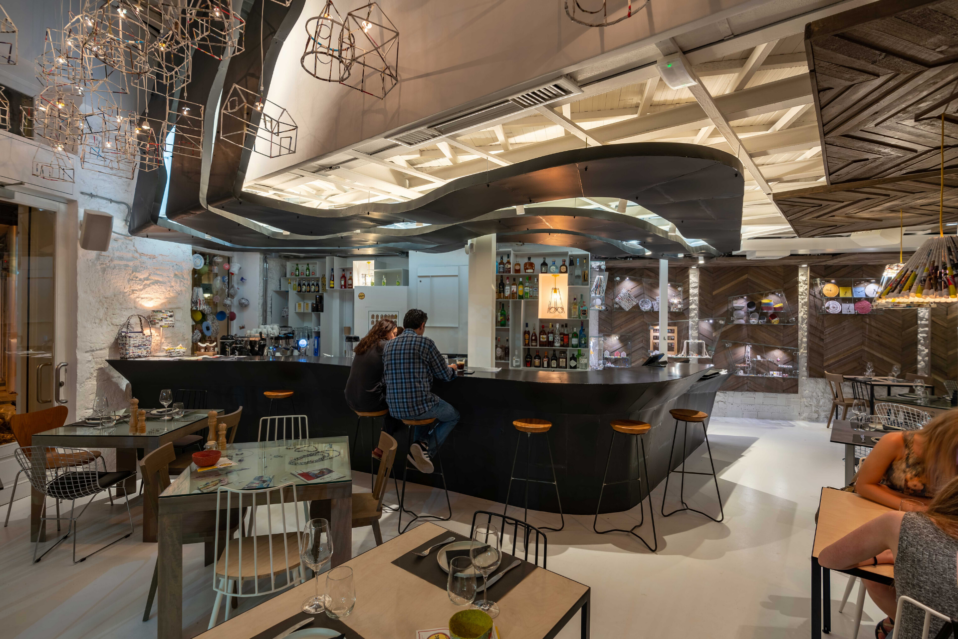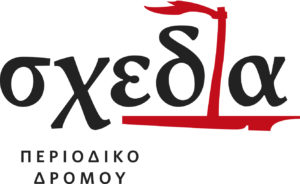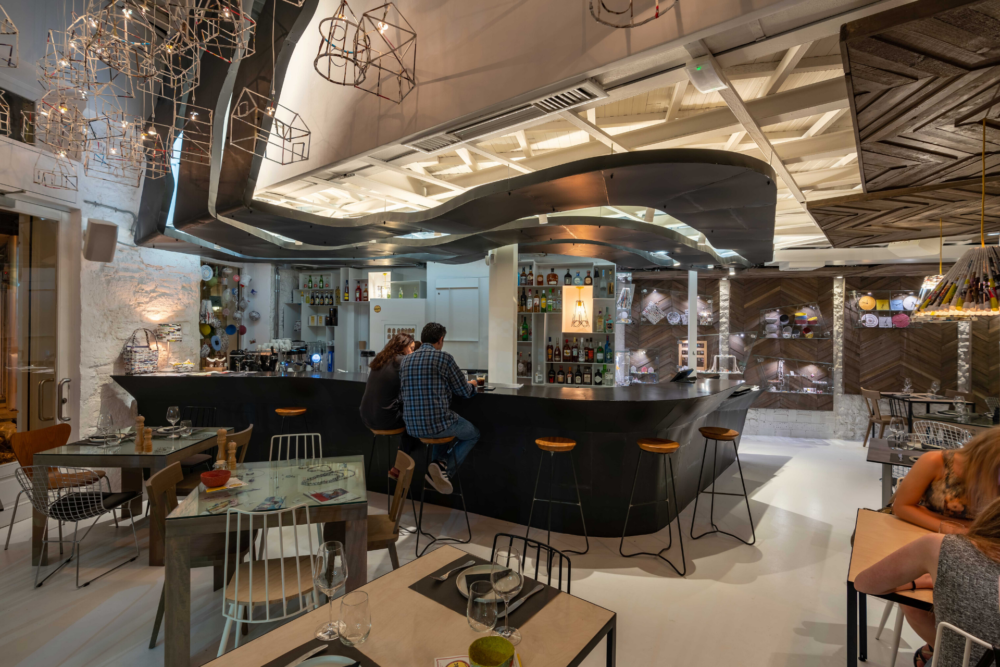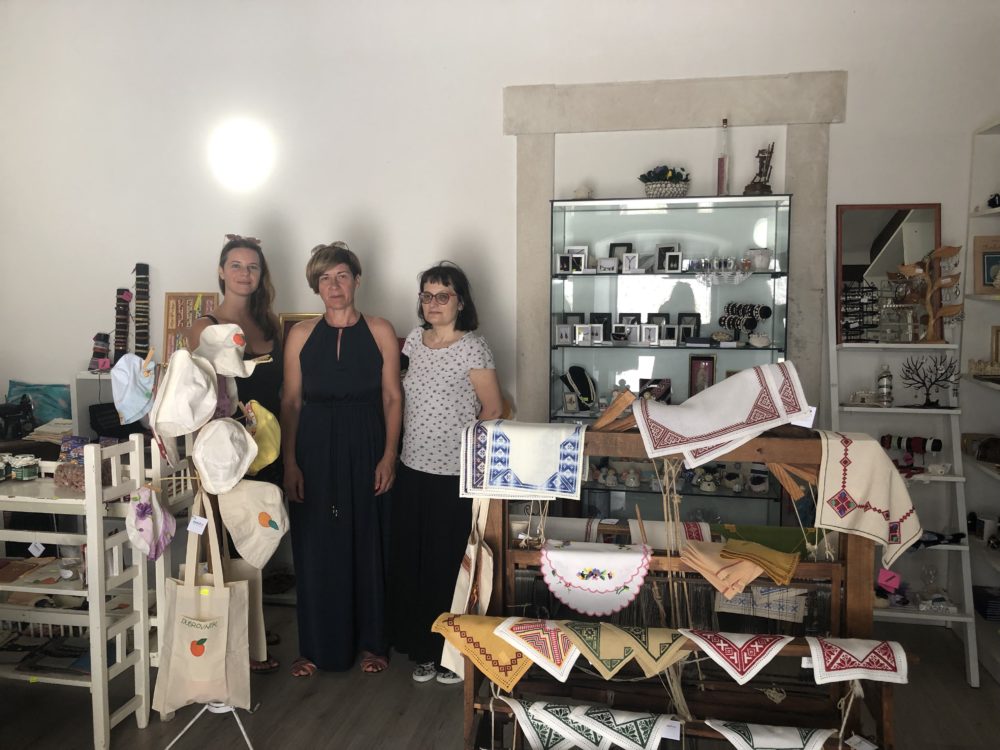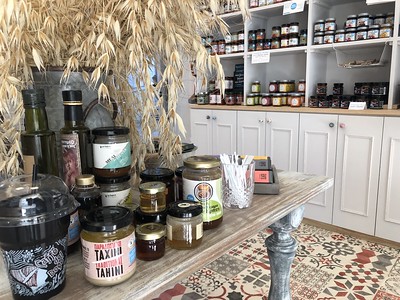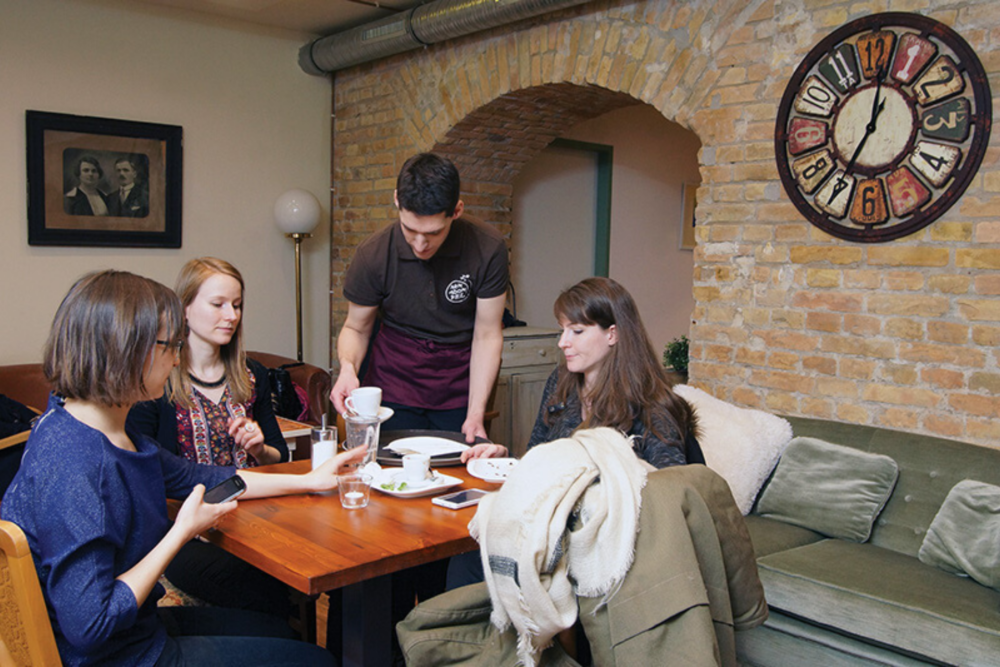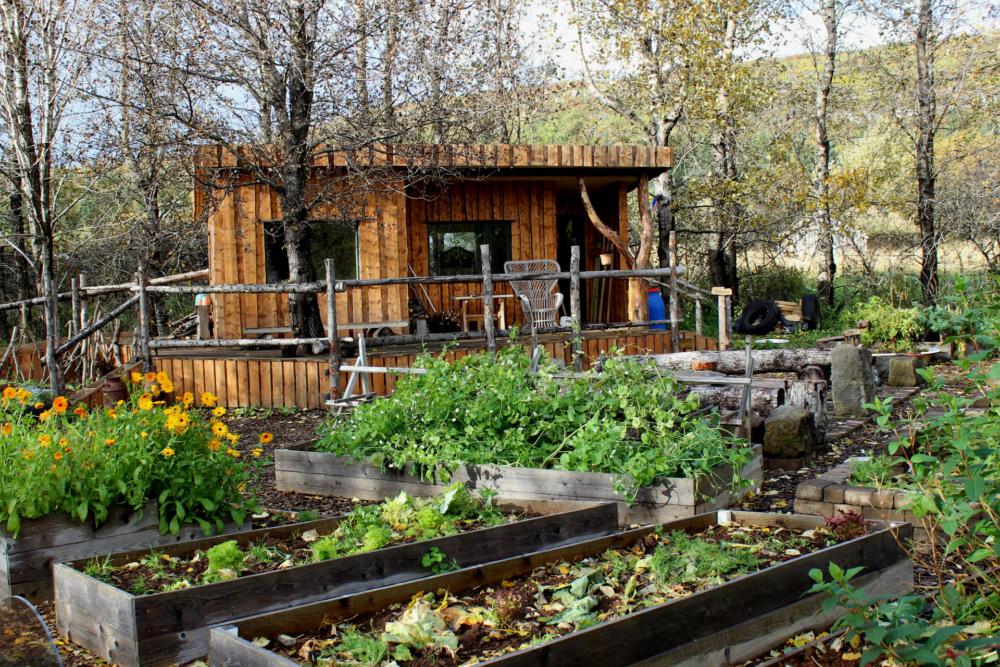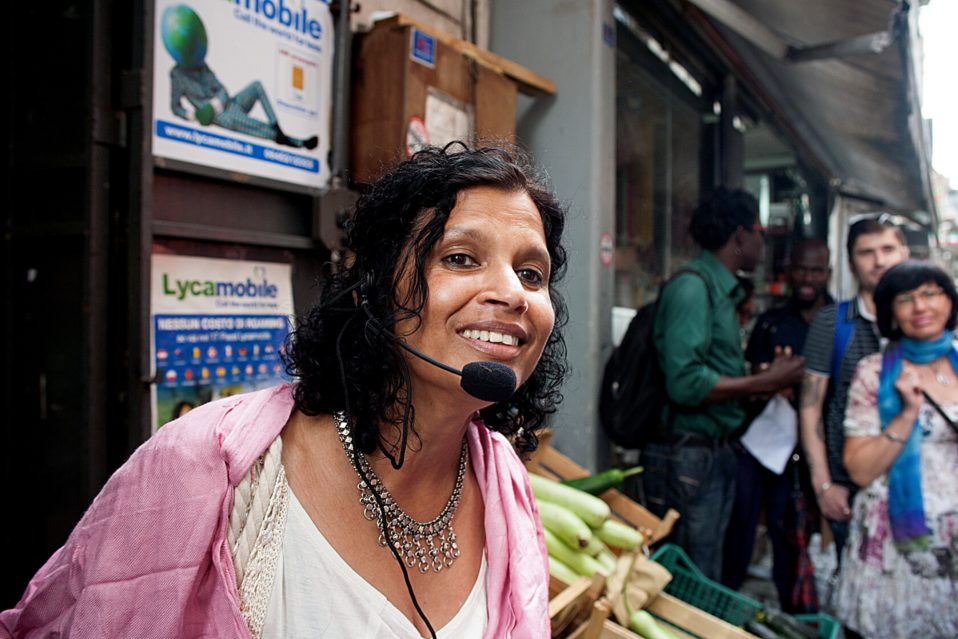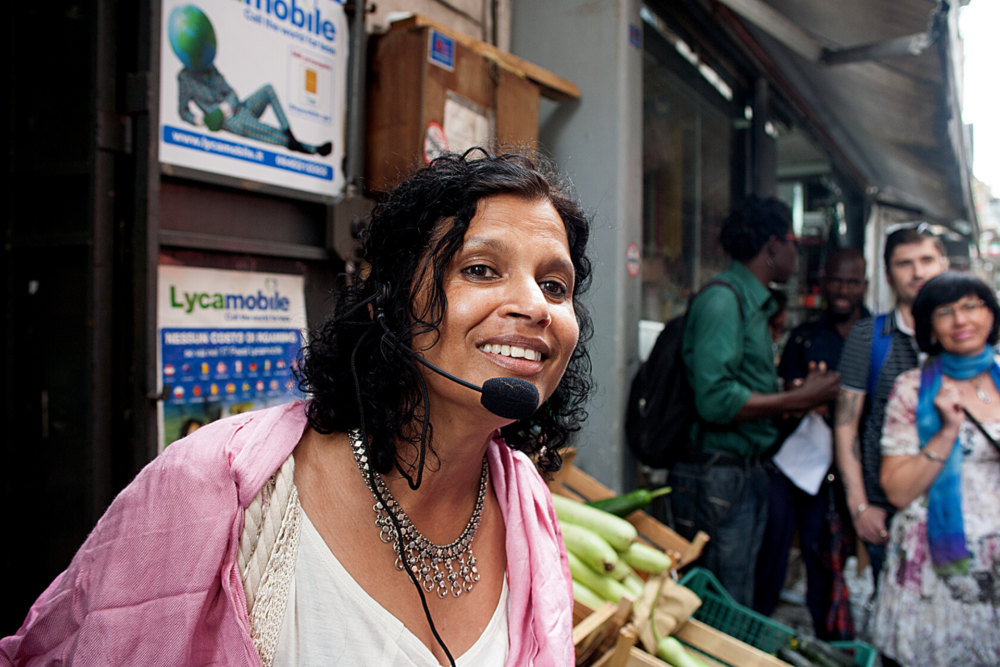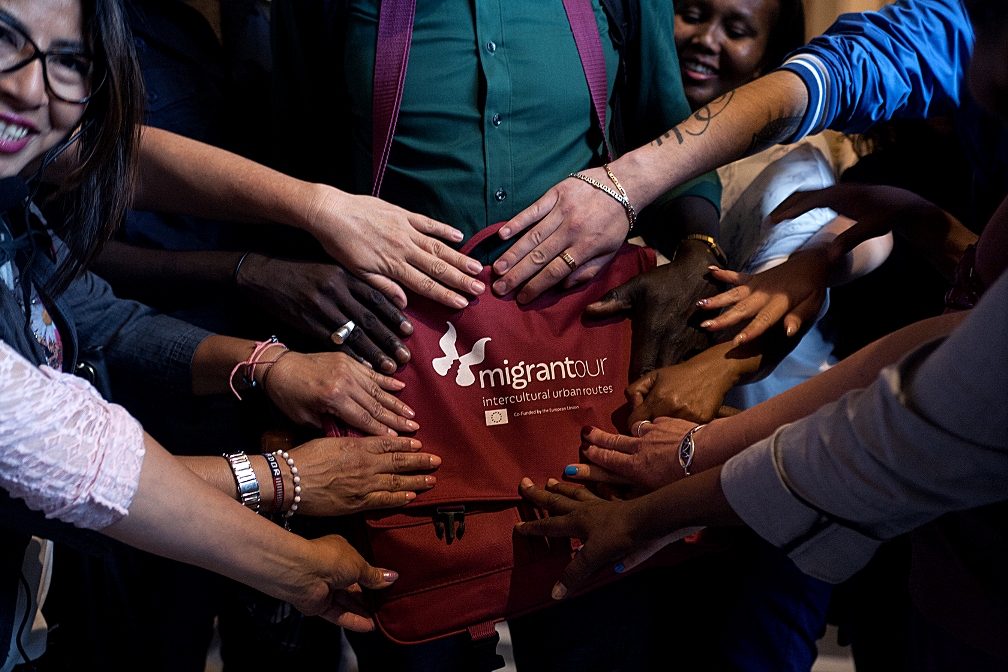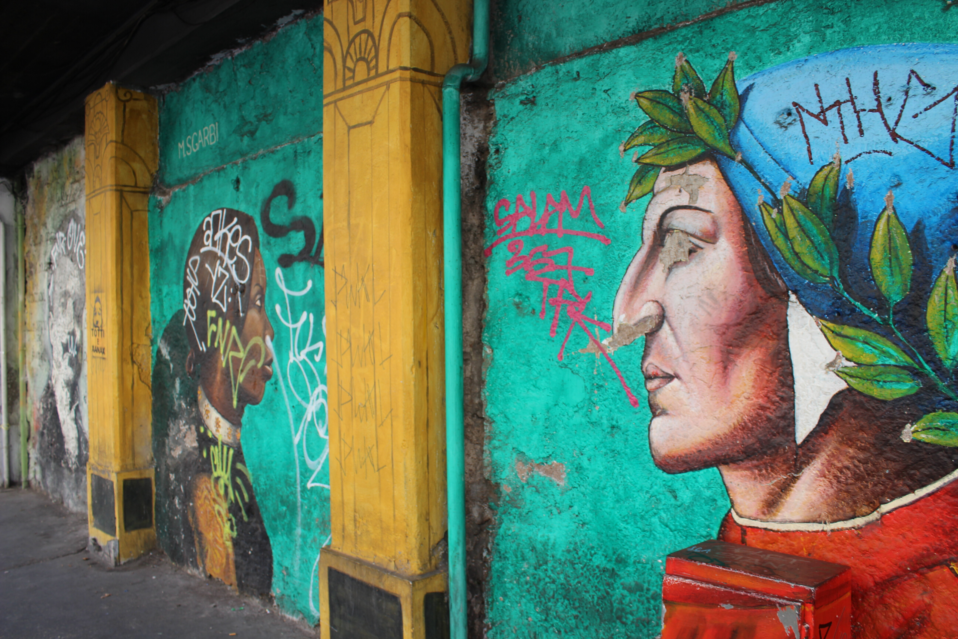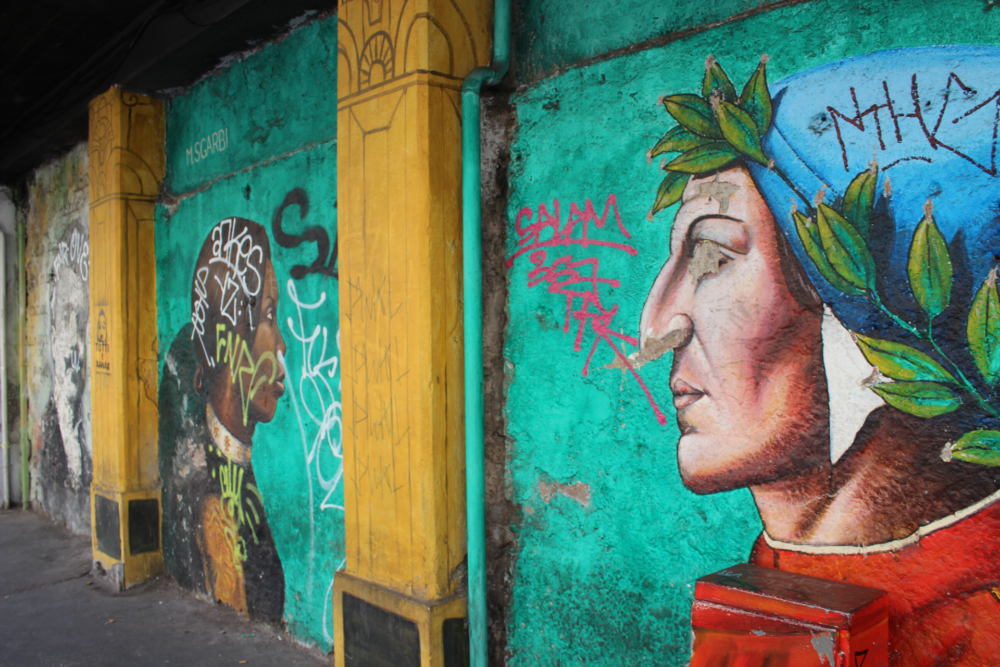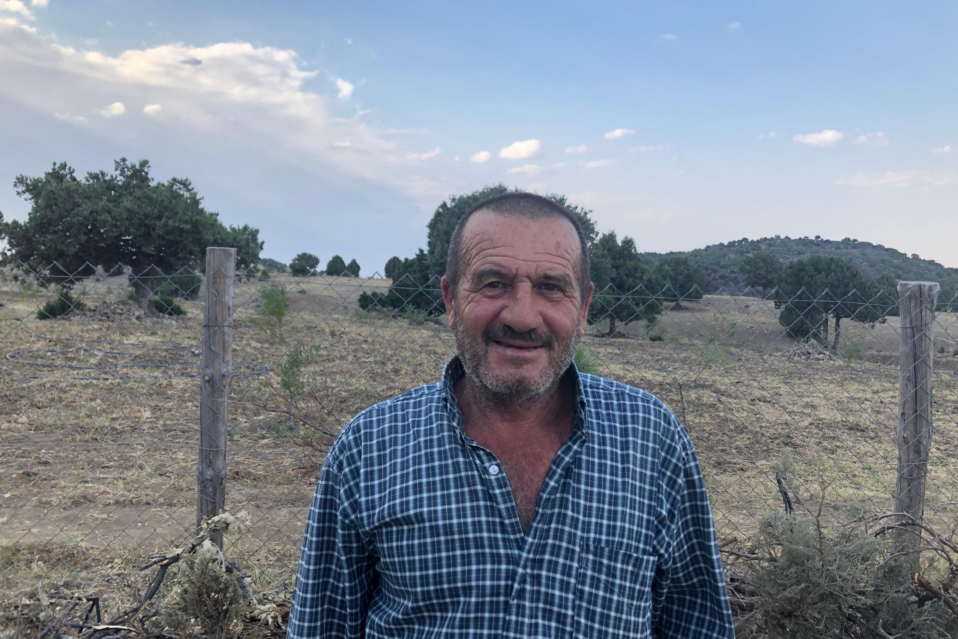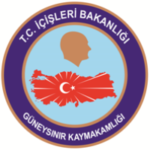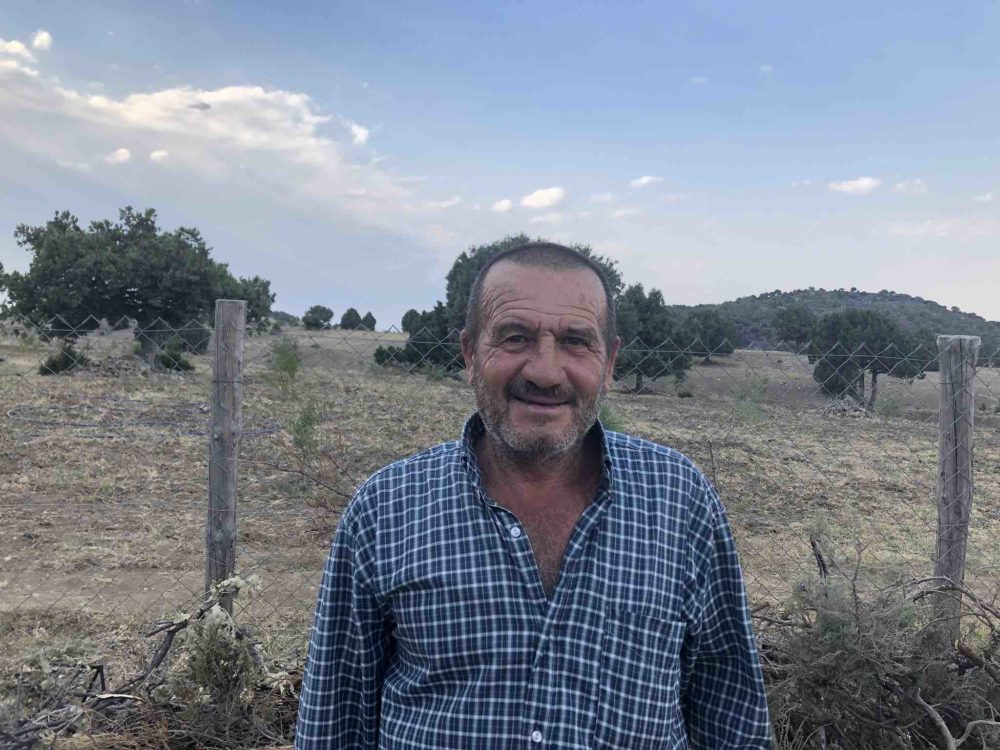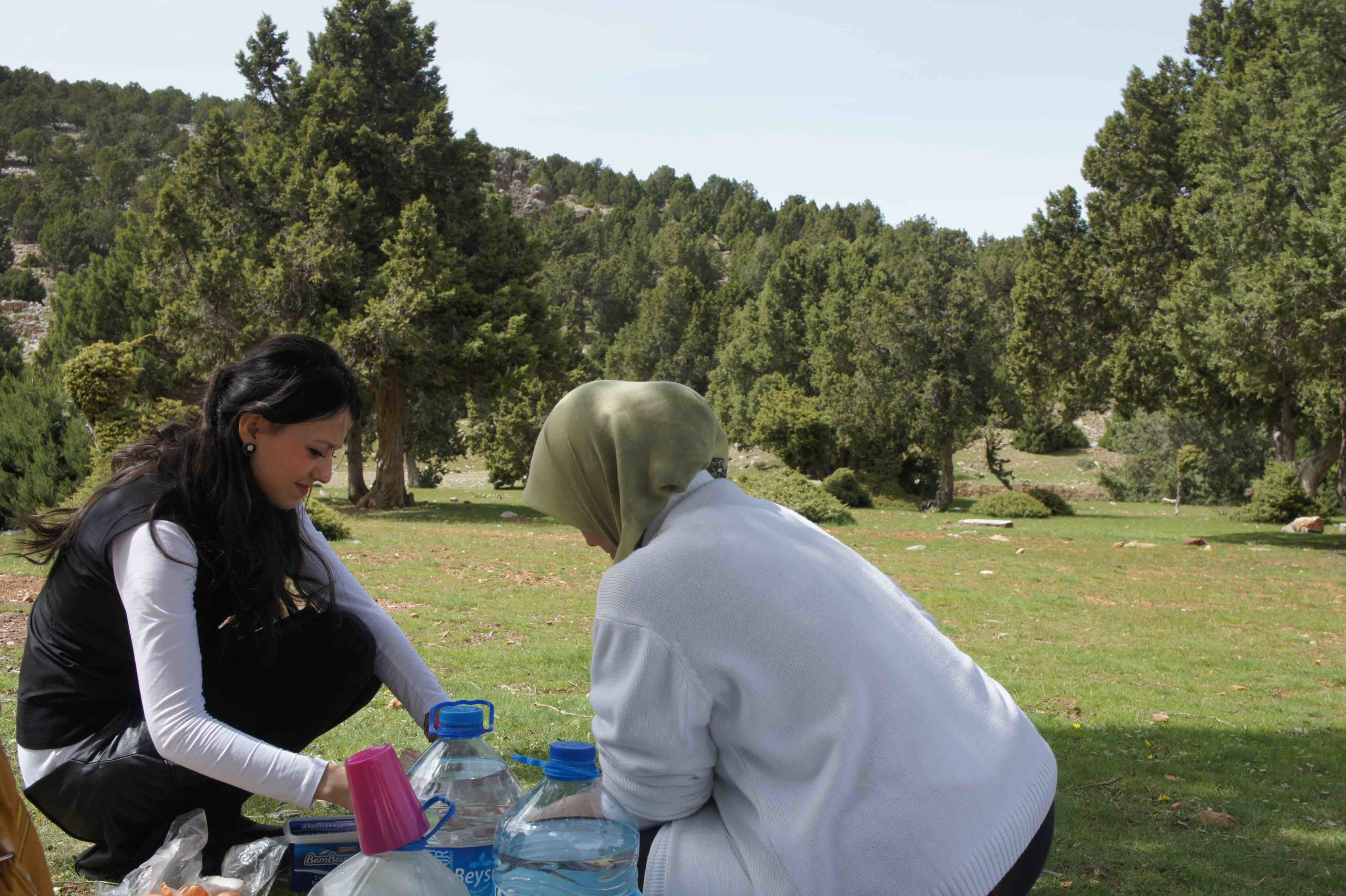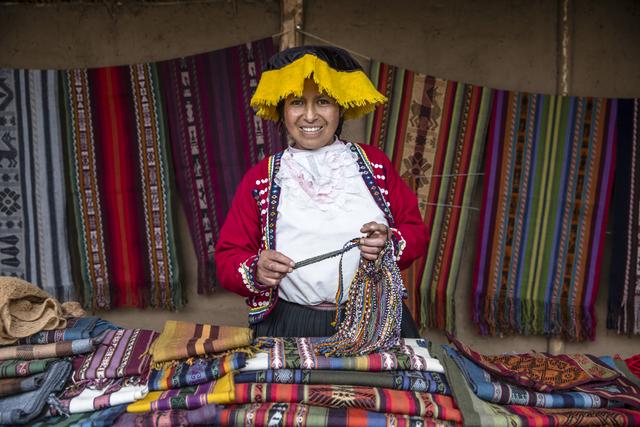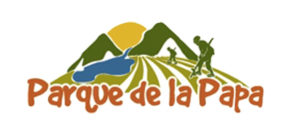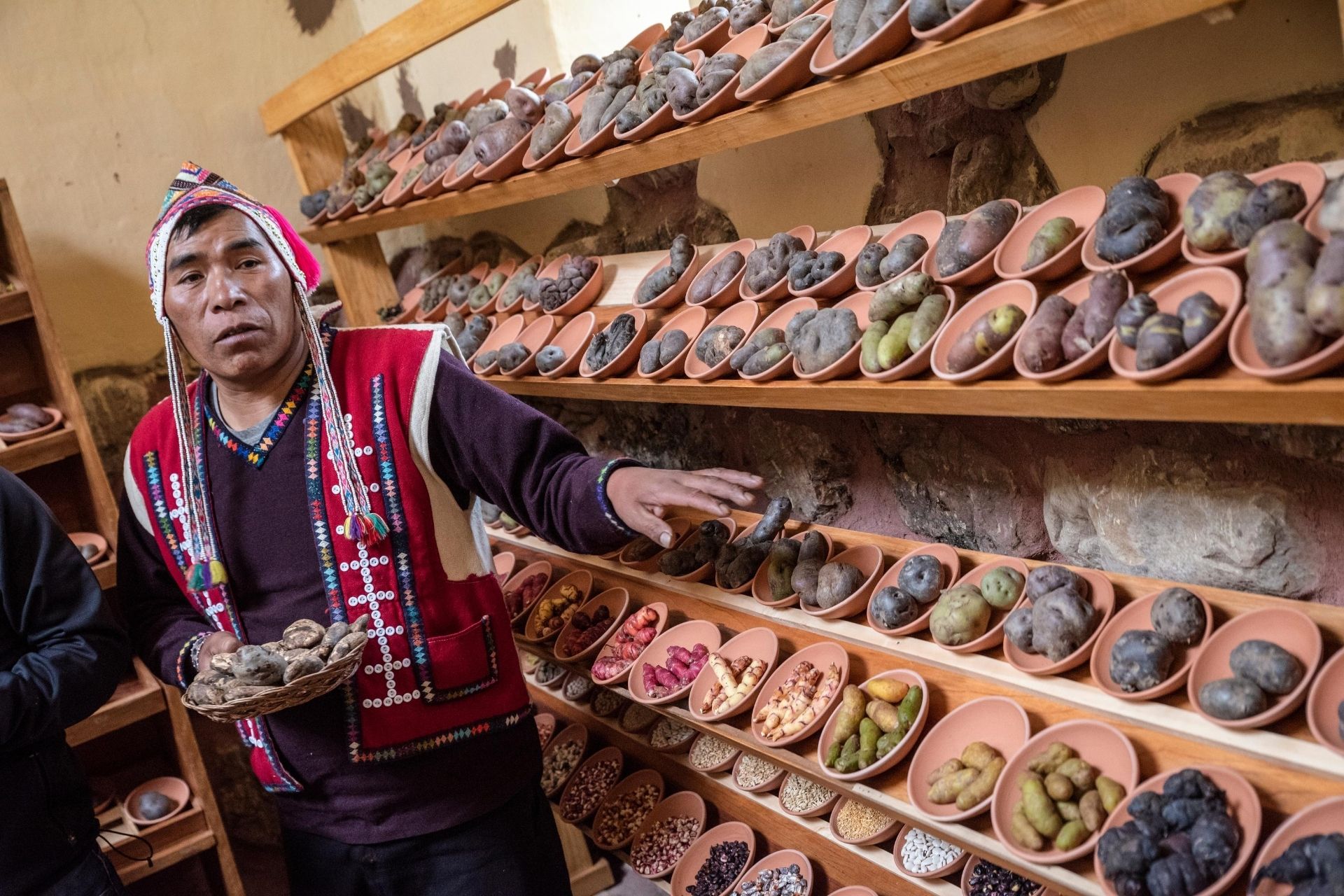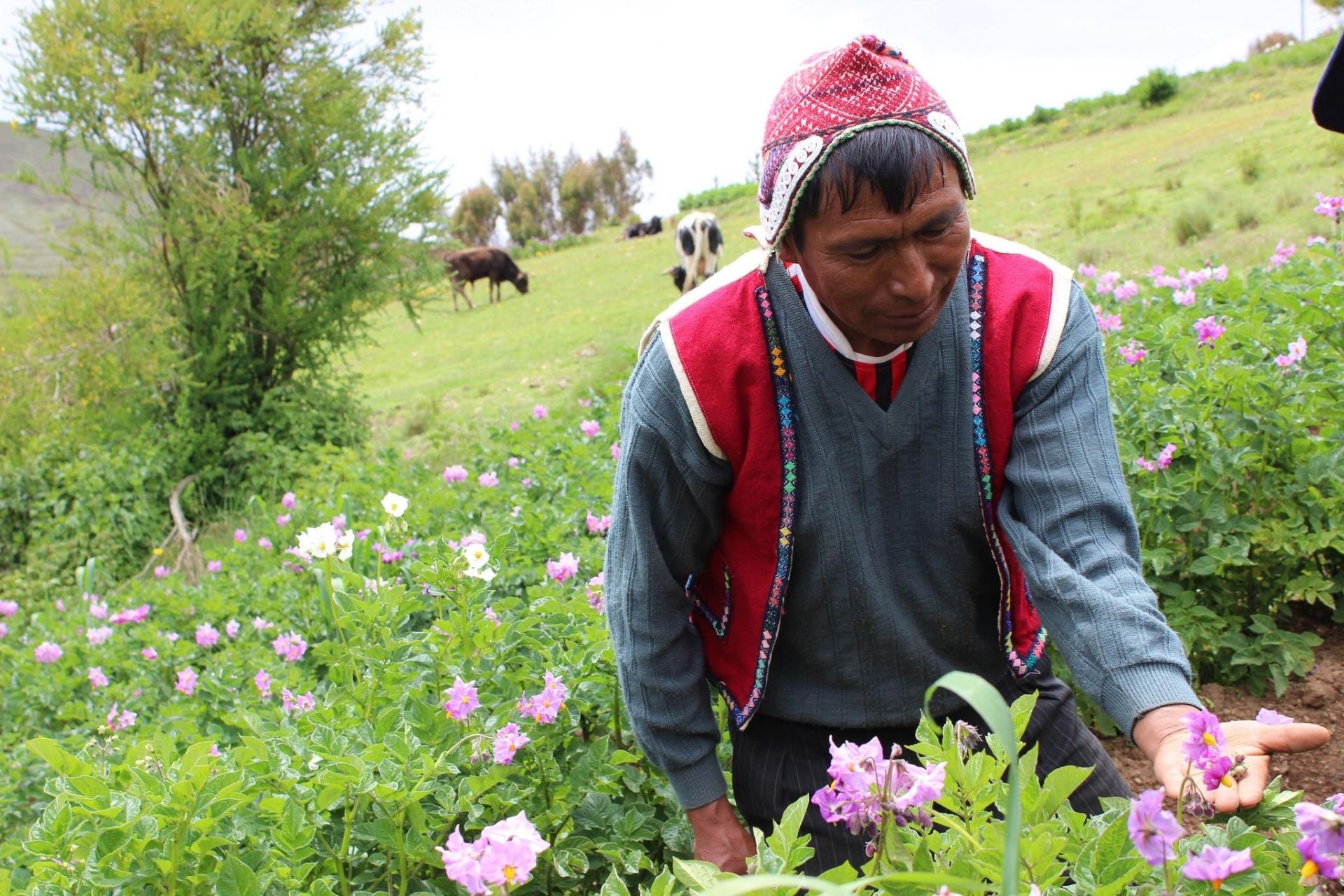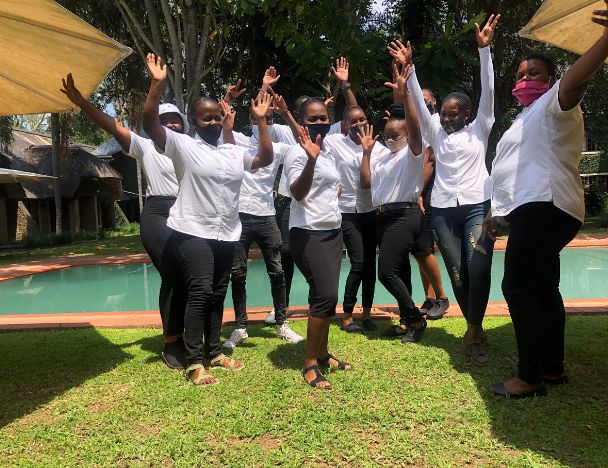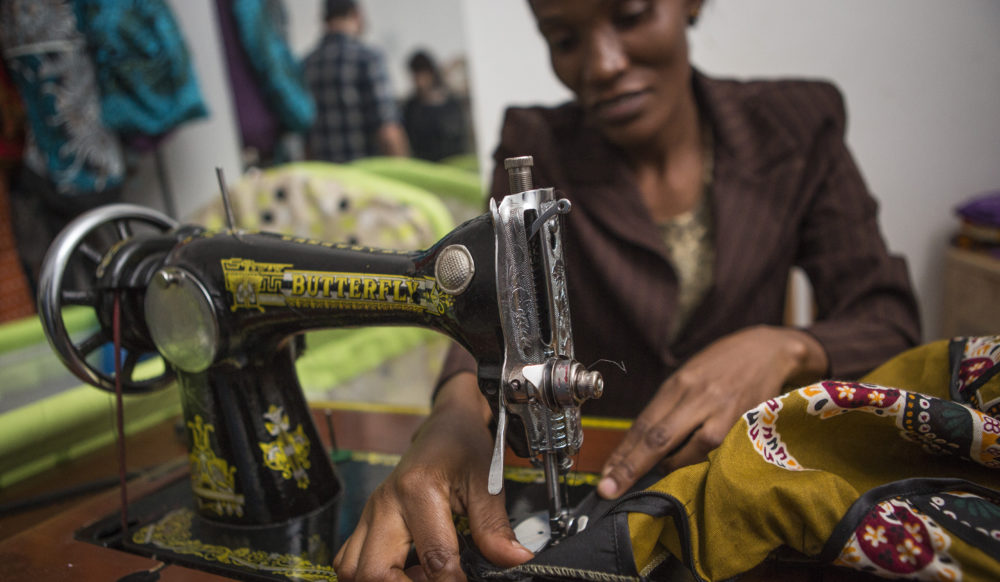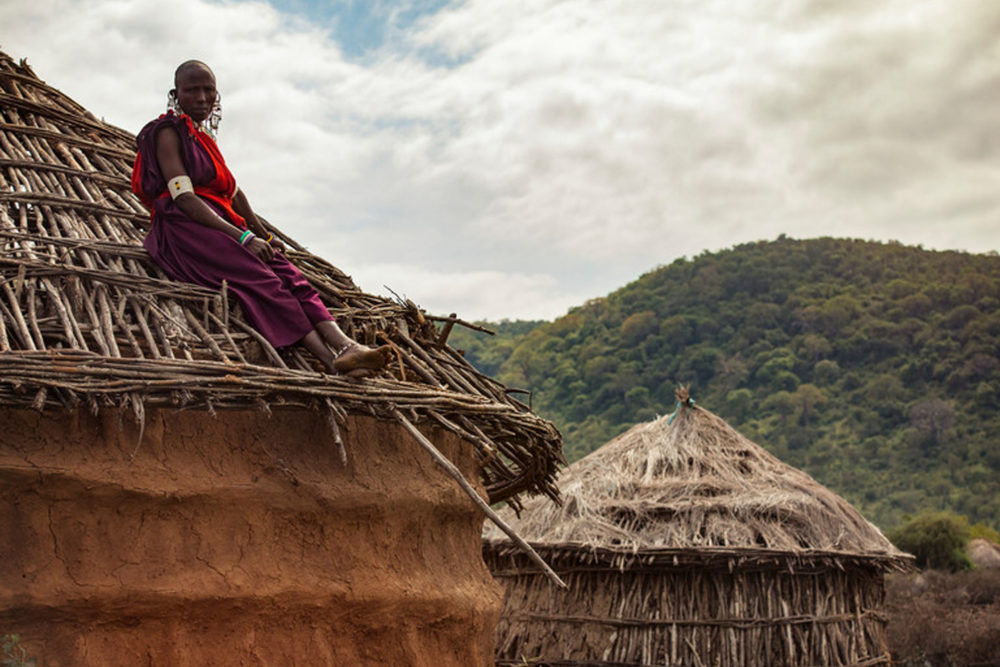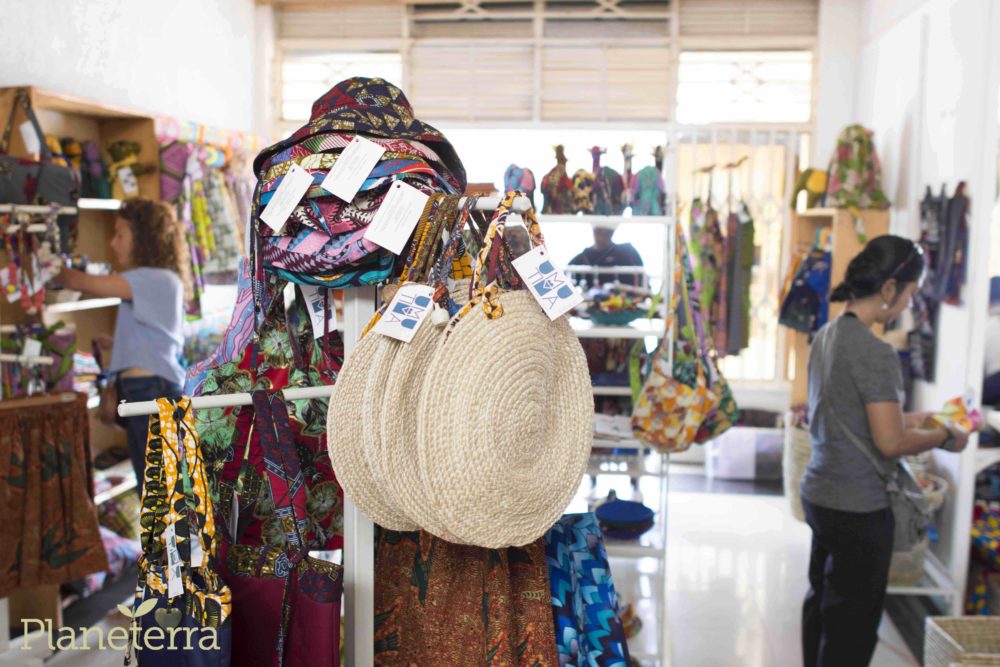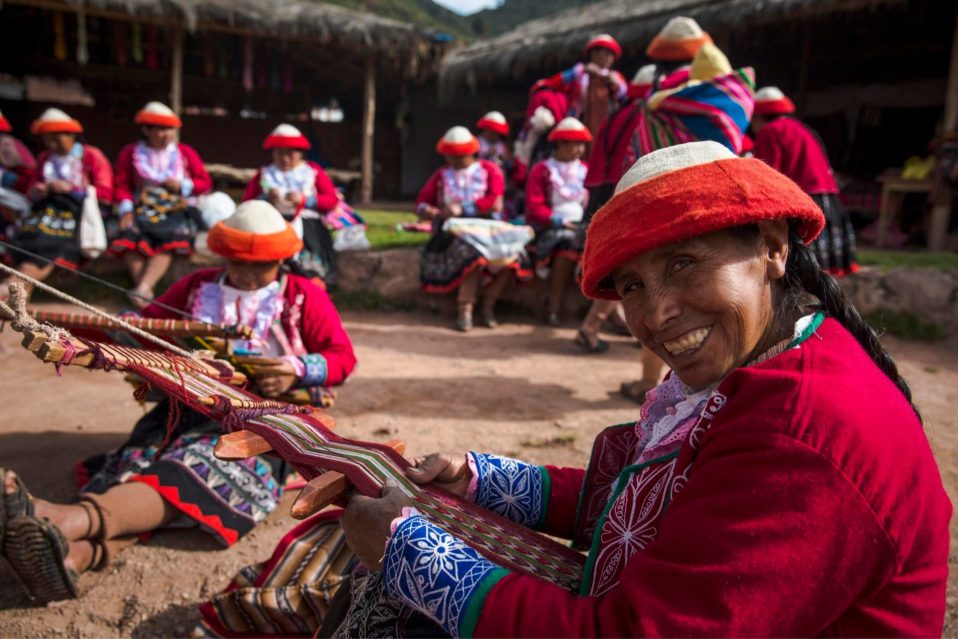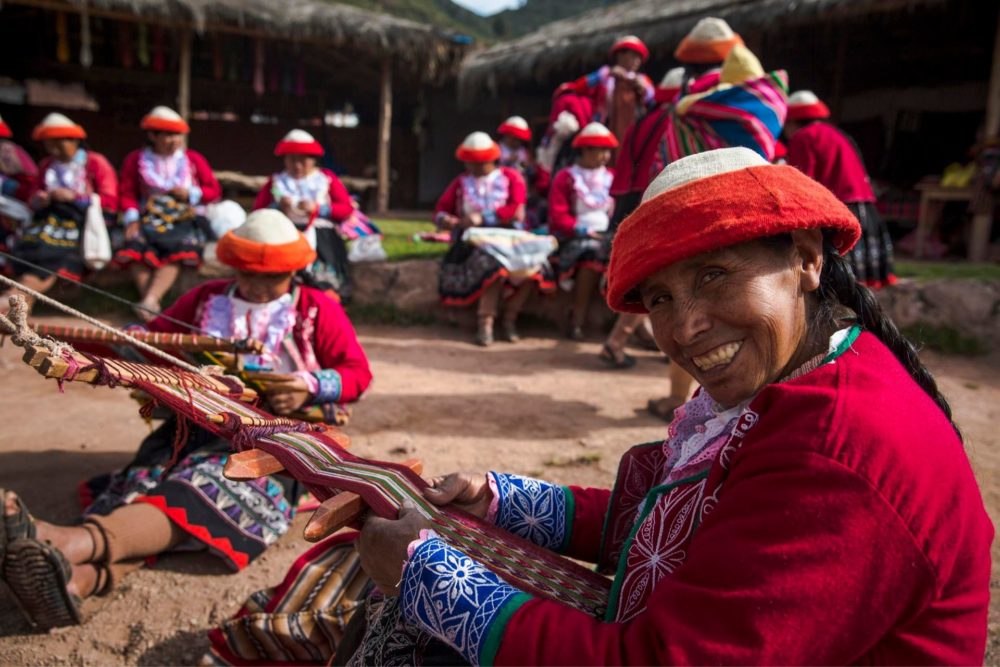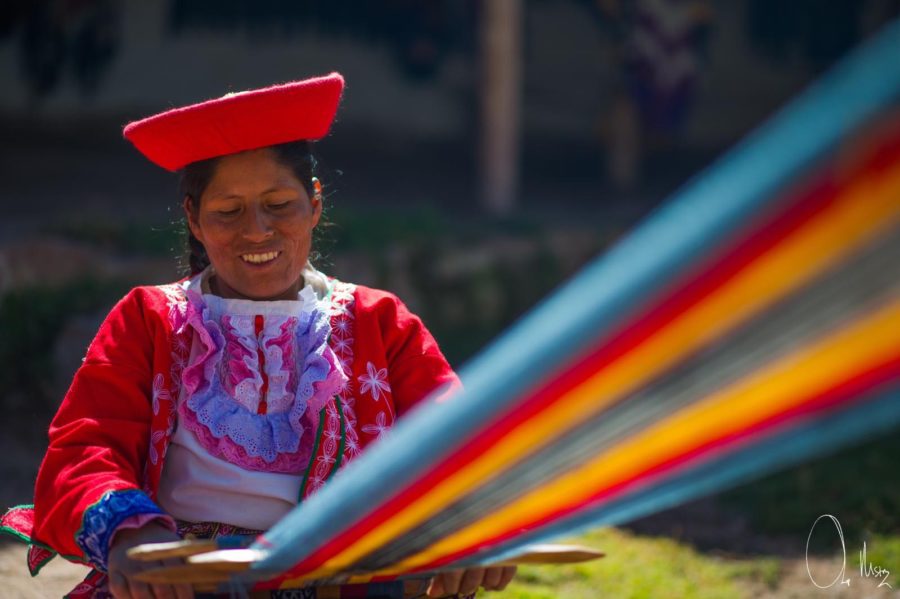Gotsezhy Wiwa Community Tourism
Impact
Since partnering with Planeterra to develop their Indigenous-owned tourism business, the Wiwa community of Gotsezhy has experienced significant benefits. The community has seen a substantial increase in their economic income, allowing them to invest in various social programs. These initiatives include improved garbage management, the establishment of community gardens, enhanced access to drinking water, and advancements in education.
The empowerment of women has played a crucial role in this progress, as they actively participate in selling their handicrafts and contribute to the local food experience. Additionally, the younger generation has embraced opportunities for growth, with youths receiving training as local guides to share their rich culture and traditions with visitors.

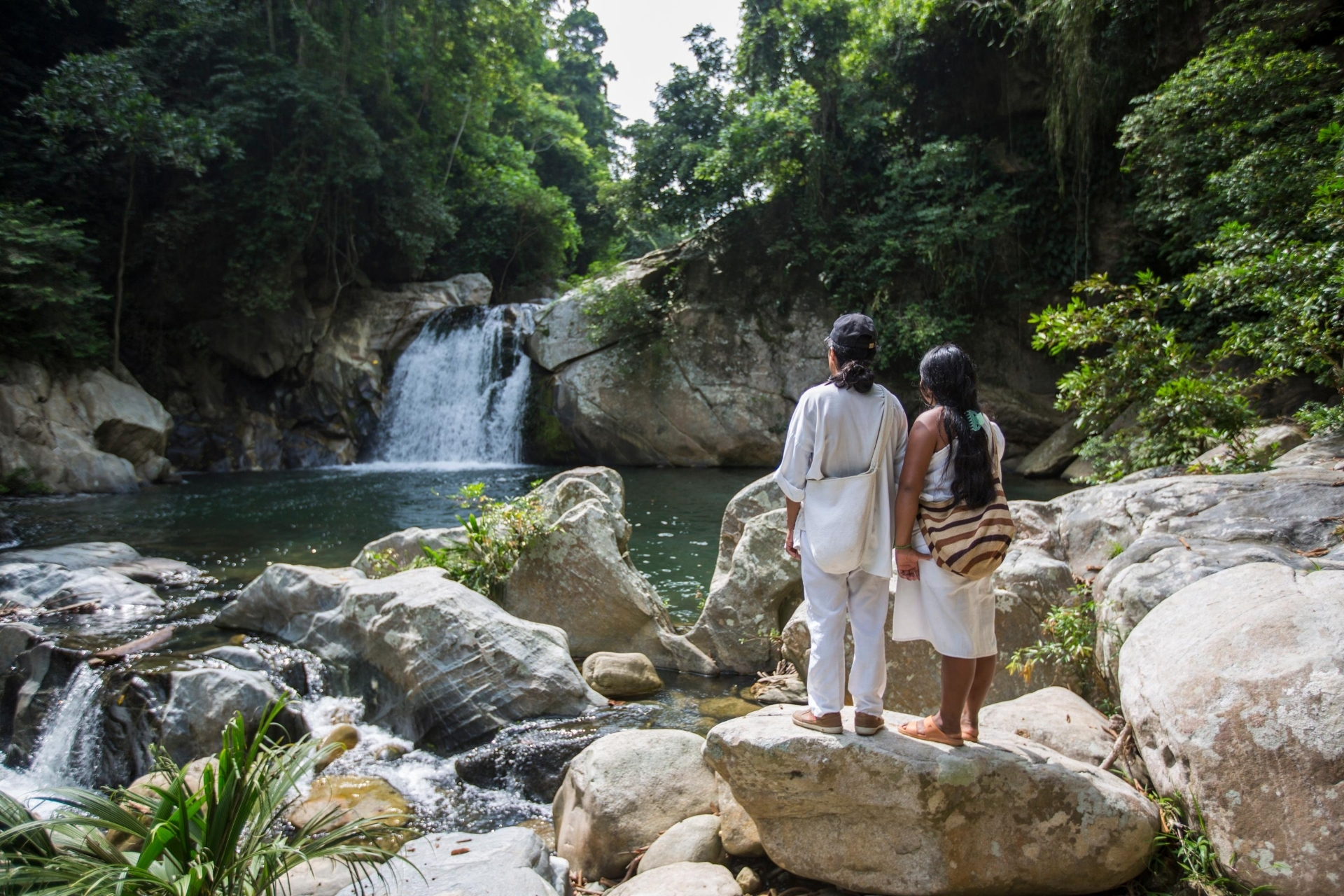
Critical Need
In 2015, Planeterra began working in Colombia with the Indigenous people of the Sierra Nevada — the Wiwa and Kogui. They are descendants of the ancient Tayrona people and have remained in isolation throughout history until the last couple of generations, where they have had increased contact with the outside world as they struggle to avoid conflict in the high mountainous region where illegal activity persists.
Most of these communities that are located on the route to Santa Marta benefit very little or are excluded from the tourism sector.
Our Involvement
The Wiwa community of Gotsezhy had a strong desire for access to tourism that could uphold their cultural values. They wanted to celebrate and share their customs and traditions while also guaranteeing territorial sanitation and economic autonomy for the families in these communities. Planeterra worked directly with the community leaders to identify opportunities in communities along the Ciudad Perdida (Lost City) trekking route.
Planeterra worked with Wiwa Tours, an Indigenous-owned agency, to implement a comprehensive training and capacity-building program. The aim was to enhance employment opportunities for Indigenous-owned tourism businesses and guides in the region. This initiative led to the establishment of a training kitchen, meal, and handicraft experience in the Wiwa community of Gotsezhy, all facilitated by local residents. Moreover, the creation of a community enterprise named Regufio Gotsezhy along the trek route has opened avenues for women to sell traditional bags and handicrafts to visiting tour groups, as well as provide meals to trekkers.
